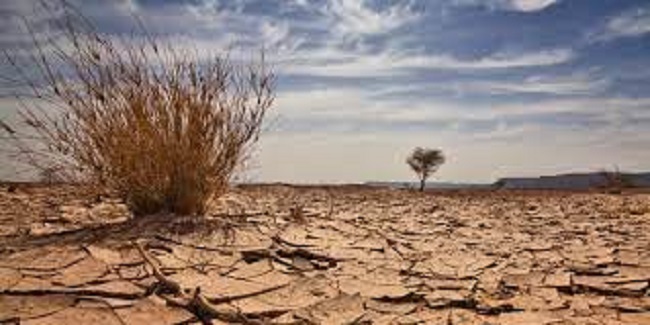Religious Leaders in Nigeria have joined calls by stakeholders to seek ways to urgently address the challenges associated with climate change as it affects citizens.
The clergymen while speaking during the Interfaith Climate Justice Awareness Creation and Advocacy in Abuja, maintained that actions against climate change are pertinent as it respect no borders, religion or ethnicity.
The Archbishop of the Lutheran Church of Christ in Nigeria, Most Rev. Musa Panti Filibus, while speaking at the seminar, noted that the sporadic weather patterns experienced especially in the northern part of the country with devastating effects on agriculture with rising sea levels endangering coastal communities, as recently experienced in Lagos, make the need for collective action clearer and more urgent than ever.
The Archbishop further noted that religious leaders and actors have important roles to play in transforming the mindsets of the people and leading realistic actions towards better care of creation, protecting and preserving our biodiversity, which is under severe threat from urbanisation.
”As religious leaders and actors, we have critical responsibilities in transforming the mindsets of the people and leading realistic actions towards better care of creation, protecting and preserving our biodiversity, which is under severe threat from urbanisation.
“At this critical juncture, our different faith expressions, particularly the two main religious expressions in Nigeria-Christians and Muslims— rooted in the principles of stewardship and care for creation, must lead the charge towards a sustainable and life-flourishing future. Our very existence depends on the health of our environment and ecosystem.
“Therefore, action is imperative, and it must be collective. Climate change respects no borders, religions, or ethnicities; it demands urgent and concerted efforts from all sectors of society. Religious groups, present in nearly every community, offer a unique opportunity to mobilize and educate adherents, advocating for practices and policies that prioritize sustainability and ecological justice,” he said.
Another religious leader, Sheik Ibrahim Maina Ma’aji in his remarks explained the Islamic contribution and perspective towards climate change is imperative as the effect of climate change is a respecter of none.
He, however, expressed readiness to join collaborate with other religious leaders to combat the effects of climate change.
While presenting a paper on ‘Understanding the Interfaith Approach to Climate Change’, Nigerian inter-religious Council and Interfaith activist Nana Fatima, noted that climate change is not just a future threat, but already destroying homes, lands and livelihoods around which needs urgent attention.
She said: ”We believe the global response to the climate crisis must be rooted in justice and human rights.
“Climate change isn’t just a future threat as we can see, it’s already destroying homes, lands and livelihoods around the world. We need to rapidly cut emissions to zero and put money into adapting to global climate impacts but there are some impacts no one can adapt to. These impacts are known as ‘loss and damage’.
”Recently, religious communities have stated their intent to combat the threat of climate change and indicated that assisting the vulnerable populations most affected is a key motivator.
”A number of religious denominations and interfaith organizations have cooperation in this effort, both in terms of on-the-ground action and in publicly communicating their commitment to addressing climate change.”
ALSO READ THESE TOP STORIES FROM NIGERIAN TRIBUNE
